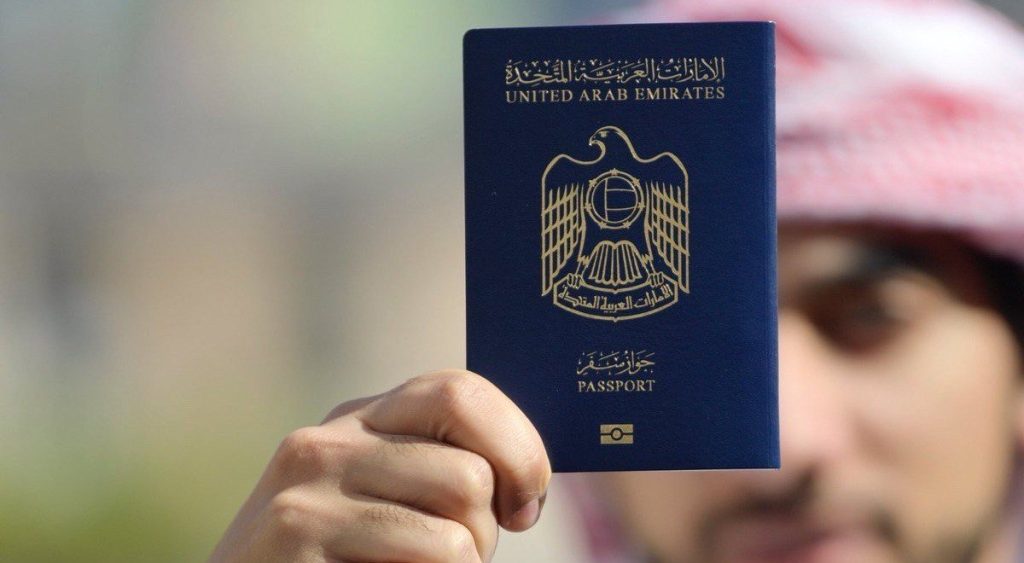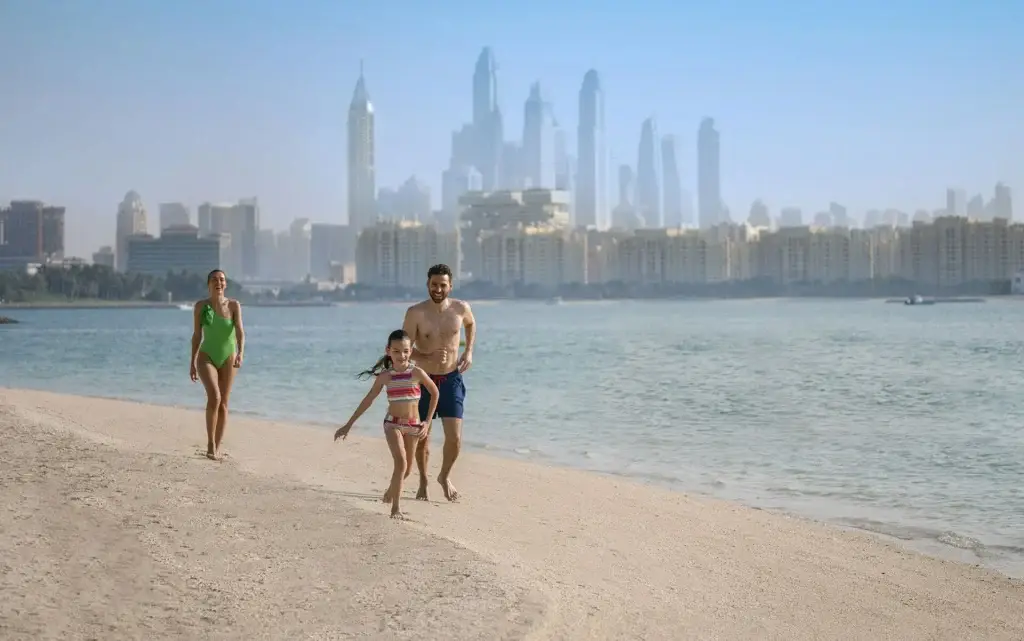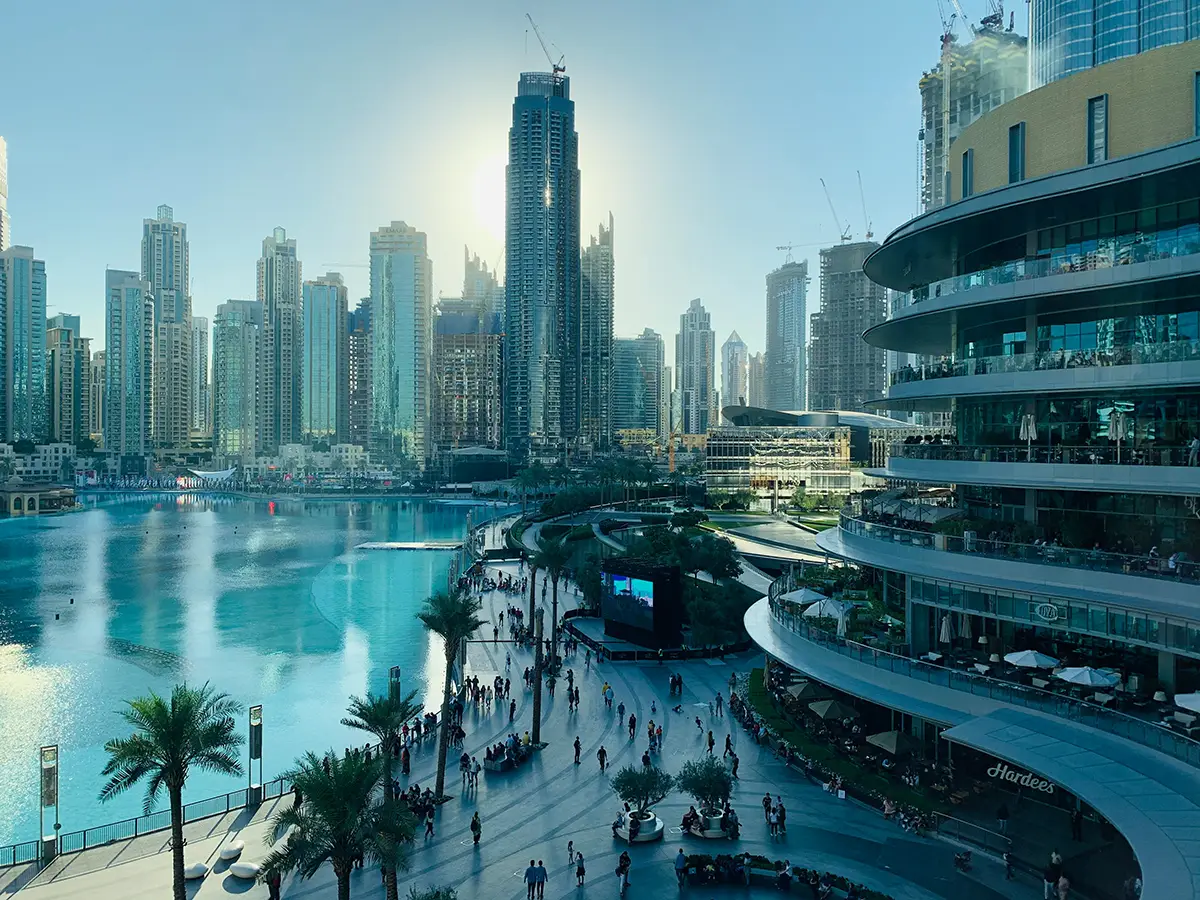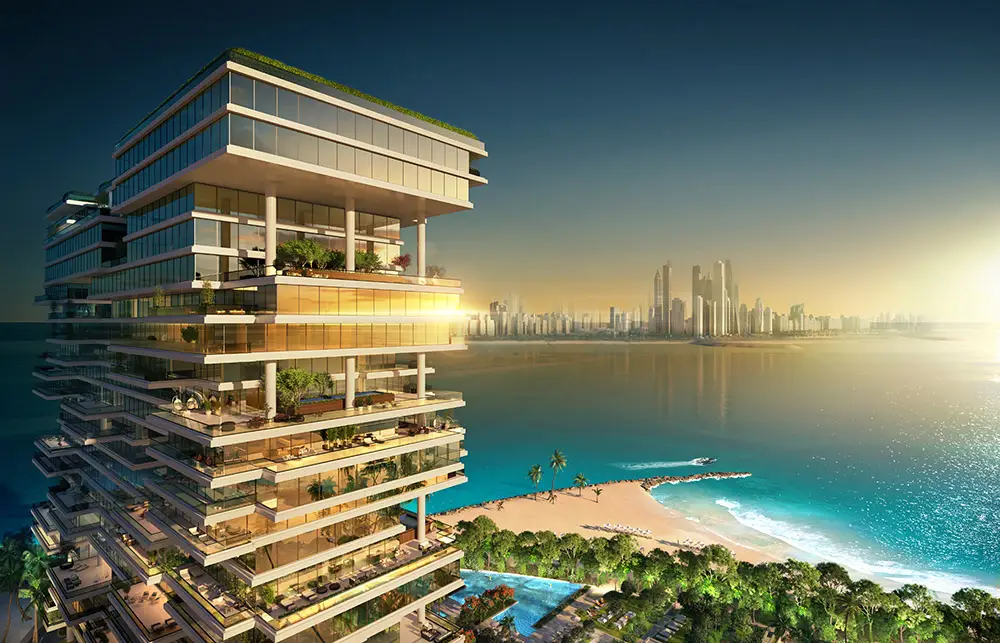Obtaining citizenship through naturalization provides permanent access to rights previously available only to residents or temporary residents. This step requires compliance with certain conditions that demonstrate a connection to the host country. The need for naturalization is most common among those who have already lived in the country for an extended period, are employed, speak the language, and demonstrate a commitment to local laws.

Who Can Apply for Citizenship: Basic Conditions for Naturalization
Each country forms its own rules, but the general basic set of requirements includes three reference groups:
- Residence time. Citizenship by naturalization is only available to those who have spent at least the required period of time in the country, which varies from 3 to 10 years depending on the legislation. Example: In Spain, Latin Americans must have lived there for 2 years, while others must have lived there for at least 10 years.
- Legality of the status. A foreigner must legally reside on the basis of a visa, residence permit or permanent residence. In some cases, it is allowed to transform an educational or work residence permit into a basis for naturalization.
- Social integration. Knowledge of the official language, no criminal record, proven income, and involvement in society are mandatory criteria. Countries often introduce a mandatory exam that includes questions on history, culture, and the structure of the political system.
How to obtain citizenship by naturalization: the sequential steps
 Citizenship by naturalization is formed in stages, starting with the registration of resident status and ending with the final oath. A foreigner receives a residence permit, after which he lives for the period prescribed by law. At this stage, it is important to follow the rules of stay — do not violate the visa regime, renew documents annually, and avoid leaving the country for a long time.
Citizenship by naturalization is formed in stages, starting with the registration of resident status and ending with the final oath. A foreigner receives a residence permit, after which he lives for the period prescribed by law. At this stage, it is important to follow the rules of stay — do not violate the visa regime, renew documents annually, and avoid leaving the country for a long time.
After the expiration of the minimum period of stay, an application is issued. The following documents are attached to the package:
- passport;
- residence documents (visa, residence permit, permanent residence);
- income statement;
- certificate of language proficiency;
- certificate of non-criminal record;
- confirmation of passing the integration exam;
- receipt of payment of the state duty.
After verification, the applicant is interviewed, then takes the oath and receives a passport. Example: in the UAE, there is a strict selection process, but if all conditions are met, the state grants citizenship with restrictions on dual citizenship.
Conditions for obtaining citizenship: what is important to consider
Naturalization citizenship requires compliance with a set of requirements. They vary from country to country, but the logic remains the same.
Minimum requirements:
-
Residence: 5 years or more with permanent residence.
-
Stable income — above the subsistence level.
-
Language proficiency must be at least basic.
-
No criminal record for 5 to 10 years before application.
-
Taking the oath is in the prescribed form.
-
Integration is a confirmed involvement in social processes.
The fast path through investment
Naturalization citizenship usually requires long-term residence, permanent status, and exams, but a number of countries have developed simplified mechanisms aimed at investors. In these jurisdictions, it is sufficient to invest in the economy, often in real estate or government funds, to obtain a passport in a short period of time.
Malta offers citizenship through investment naturalization for a minimum of €600,000, subject to the rental or purchase of a property. The applicant obtains a residence permit, and after 12 months, they confirm their commitment to the country and receive citizenship. The procedure is based on clear steps, but it requires complete transparency of the source of capital.
In Turkey, real estate investments starting from $ 400,000 allow you to apply for a passport in 90-180 days. It is not necessary to live in the country or take exams. Citizenship by naturalization is transformed into an investment formula here, while buying a home opens the way to status without additional obligations.
Dominica has gone even further — it is enough to contribute $100,000 to the state fund without coming to the country to get a passport. Citizenship is granted without a visit, with full online application. This approach shows how an alternative model can accelerate the acquisition of all rights, from free movement to tax advantages.
For those who do not want to waste time on long-term residence and interviews, investments allow you to go through the naturalization procedure without bureaucratic red tape. The main condition is that the capital is legal and that you are willing to invest it in the economy of your chosen country.
Naturalization Citizenship in Canada: Integration through Participation
Canada offers an understandable but demanding scheme, where citizenship by naturalization is granted only to those who have truly integrated into the life of the state. The main emphasis is not on the timing, but on the quality of adaptation. The applicant must have actually lived in Canada for at least three years in the last five years, while proving real participation in social and economic life. A simple stay on a visa is not taken into account – the system counts only days with a valid permanent residence.
Tax history plays an equally important role. The Federal Migration Service monitors the stability of income sources: the more transparent and long-lasting the income, the higher the likelihood of approval. Knowledge of English or French is an important factor. It is required to demonstrate not only understanding of everyday phrases, but also the ability to comprehend texts, engage in dialogue, and understand social and legal norms.
The candidate takes a test on history, government, and citizens’ rights. After successfully completing the interview, there is a mandatory ceremony where the new citizen takes an oath, confirming their commitment to uphold the laws of the country. Canada views citizenship by naturalization as a logical culmination of the journey that began with obtaining a residence permit, finding employment, participating in local initiatives, and demonstrating a strong attachment to society.
How to increase your chances of successHow to increase your chances of success
Obtaining citizenship by naturalization requires not only meeting the conditions, but also a competent strategy. Even if you have a formal right — age, income, status — bureaucratic details can slow down or disrupt the process. Practice shows that success is ensured not so much by documents as by attention to detail.
The most important point is timely preparation. Many countries allow you to collect a package of documents several months before the formal submission. Such advanced planning eliminates delays in certificates, terms of residence, or permanent residence actions. Long trips abroad can reduce the total length of stay. Even a week over the limit often invalidates the right to file. It is better to estimate in advance the permissible number of days out of the country, including business trips, vacations and visits to relatives.
Financial documents require special attention. A simple employment contract is not enough — it is necessary to confirm regular receipts to the account, payment of taxes, and absence of debts. The application of bank statements for the last 6-12 months further strengthens the credibility of the application. Special attention is paid to exam preparation. Despite their apparent simplicity, tests often contain questions with double meanings, non-standard formulations, and cultural references. Courses or textbooks help, but practical training — mock tests, discussions in a language environment, and regular reading of the country’s news – bring real benefits.

Additional benefits are provided by elements of social participation: participation in local communities, volunteer projects, training courses, and employer connections. These actions create a portrait of an integrated applicant who fully meets the expectations of the state. Naturalization citizenship is not just a change of passport, but a transition to a legal status that the state trusts only to a prepared, engaged, and transparent applicant.
The path to a full-fledged life
 Citizenship by naturalization opens up a horizon of opportunities: free movement, access to healthcare, education, and property rights. Behind this status lies a long journey that begins with visas, followed by residence permits and permanent residency. Those who complete this journey not only receive a passport but also fully integrate into society. Alternatively, investing in real estate can expedite the process, but it does not replace the need for deep adaptation.
Citizenship by naturalization opens up a horizon of opportunities: free movement, access to healthcare, education, and property rights. Behind this status lies a long journey that begins with visas, followed by residence permits and permanent residency. Those who complete this journey not only receive a passport but also fully integrate into society. Alternatively, investing in real estate can expedite the process, but it does not replace the need for deep adaptation.
 en
en  de
de  ar
ar  es
es  hi
hi  fr
fr  nl
nl  it
it  pt
pt  el
el 









